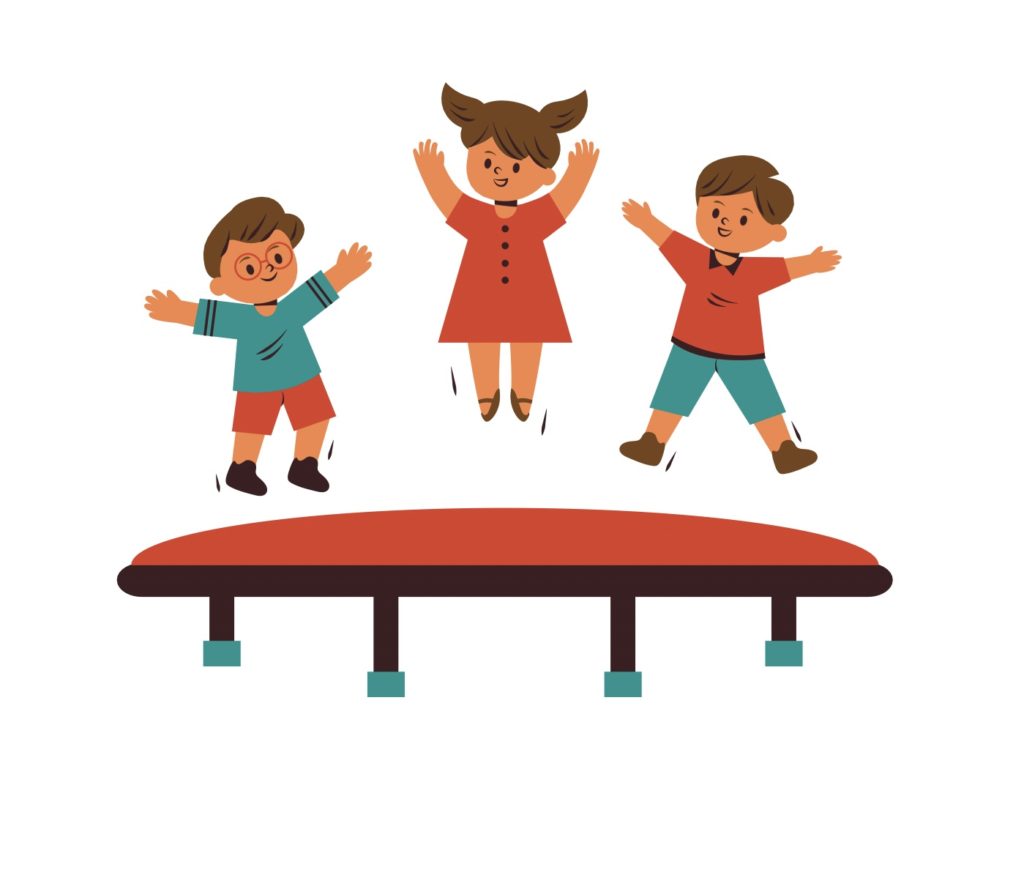6 Tips to Better Understand Emotional Development in Children
The emotional development of children is one of the most critical aspects of their development. Knowing how to handle, recognize and nurture a child’s emotions properly can help them grow into strong and confident individuals. But it can also be challenging to understand what they are going through as they undergo the various stages of emotional development. With that in mind, here are six tips to better understand emotional development in children and help them reach their full potential.
Setting Clear Expectations:
When it comes to understanding your child’s emotional development, clear expectations are key. Setting boundaries and expectations for your child helps create structure and encourages self-discipline. Having clear expectations will also make it easier for you to monitor your child’s behavior and emotions. This can help you recognize potentially troubling signs of emotional development early on and address them accordingly.
You may also want to establish rewards and consequences for your child’s behavior. A reward system can help them stay motivated and give them a sense of accomplishment when they meet their goals. Likewise, the use of consequences can let your child know that there are negative repercussions for breaking the rules or not following instructions.
Setting an Emotionally Supportive Environment:
Creating an emotionally supportive environment is essential for proper emotional development. In addition, you should make sure your child feels safe and secure in their home and that their basic needs are met. It’s also important that they go to a good preschool like these preschool programs in Bristow, VA, which guides and supports them before they move onto Kindergarten.
Positive reinforcement and praise are the best ways to create an emotionally supportive environment. Ensure you’re praising your child for their efforts, successes, and anything else they do that warrants recognition and appreciation. Providing positive feedback helps promote self-esteem and encourages them to continue doing well.
You should also set consistent boundaries with your children, so they know what is expected of them and understand how their behavior affects others. It’s important to enforce these rules in a firm but compassionate manner without resorting to yelling or belittling them. You may also want to take time out for individual talks with your child, so you can discuss any concerns or issues they have in more detail.
Practicing Self-Awareness:
Helping your child become self-aware is an integral part of emotional development. This means teaching them how to recognize and understand their feelings and how those feelings impact their behavior.
You can help your child become self-aware by talking to them about their emotions in a calm and understanding manner. For example, ask questions like: “How do you feel when…?” or “What kind of thoughts do you have when…?” You can also encourage them to express themselves through drawing, dancing, writing, or playing music. Fidgeting toys can also be helpful for children who struggle with expressing themselves verbally. Fidgeting helps children focus their energy on something tangible while they work through their emotions.
You may also want to help your child recognize how their behavior affects others. Talk to them about how their actions and words can hurt or frustrate people, as well as how they can make someone else feel happy or grateful. This will help them understand the impact of their behavior and learn how to express themselves better in a healthy way.

Helping Them Develop Coping Skills:
It’s important to teach your child effective coping skills when they are having a difficult time. These can help them to manage their emotions and reactions better, as well as alleviate stress.
There are many different ways you can help your child develop healthy coping strategies, such as:
Talk Therapy: Talk therapy is one of the most common forms of mental health treatment for children and adolescents struggling with stress or anxiety. During talk therapy sessions, your child will talk with a therapist about their feelings and experiences to gain insight into their behavior. The therapist may also suggest problem-solving techniques or other strategies for dealing with negative thoughts or stressful situations.
Cognitive Behavioral Therapy (CBT): CBT is an evidence-based form of psychodynamic psychotherapy that teaches children how better to manage their thoughts, feelings, and behavior. Through cognitive restructuring and other techniques, CBT helps children become more aware of the relationship between their thoughts, emotions, and behaviors so they can develop healthier coping skills.
Mindfulness Practices: Mindfulness is a key skill when it comes to helping your child learn how to cope with stress or anxiety. Practicing mindfulness activities like deep breathing and guided imagery can help your child learn how to focus on the present moment instead of worrying about the future or dwelling on past experiences. It’s also important for them to recognize negative thought patterns as well as identify healthy ways to respond in stressful situations.
Staying Positive:
It is also important for you to stay positive and encouraging when helping your child manage their emotions. Show them that you understand their feelings and validate them without judgment. Model good coping strategies yourself, such as taking deep breaths or counting to ten when you’re feeling overwhelmed or frustrated.
Rewarding your child for exhibiting positive behavior or using healthy coping skills is also important. Positive reinforcement can be a powerful tool in helping them stay on track and reinforcing the desired behavior.
Finally, it is essential that you take time out for yourself so you can stay calm and centered when helping your child through difficult emotions. Whether going for a walk, reading a book, or simply taking a few moments of quiet time, make sure you carve out some “me-time” to stay balanced and present with your child.
Seeking Help
When it comes to helping your child manage their emotions, there are times when you may need help from outside sources. If your child is having difficulty managing their emotions, it is important to seek professional help. A qualified mental health professional can provide individual or group therapy for your child to learn how to cope better with difficult feelings and behaviors. For children with additional needs, such as those with autism, specialized support like aba services (Applied Behavior Analysis services) can be especially beneficial in addressing their unique challenges and enhancing their coping strategies.
In addition, other resources may be available in your local community, such as support groups or summer programs that can provide additional assistance and guidance for your child. Talking to other parents who have gone through similar situations can also be beneficial for providing emotional support and advice.
When seeking outside help, it is important to remember that parenting does not always come naturally –it takes practice and patience. If you are struggling to maintain a healthy relationship with your child, never hesitate to ask for help from professionals or trusted family members and friends.
It’s important to remember that your child’s mental health is just as important as their physical health, and sometimes they need a little extra help. With the right resources and support, you can help equip your child with healthy coping skills to manage stress, anxiety, or other difficult emotions. By staying positive and encouraging them with love and support, you can give them the skills they need to overcome obstacles and lead a happy, healthy life.






